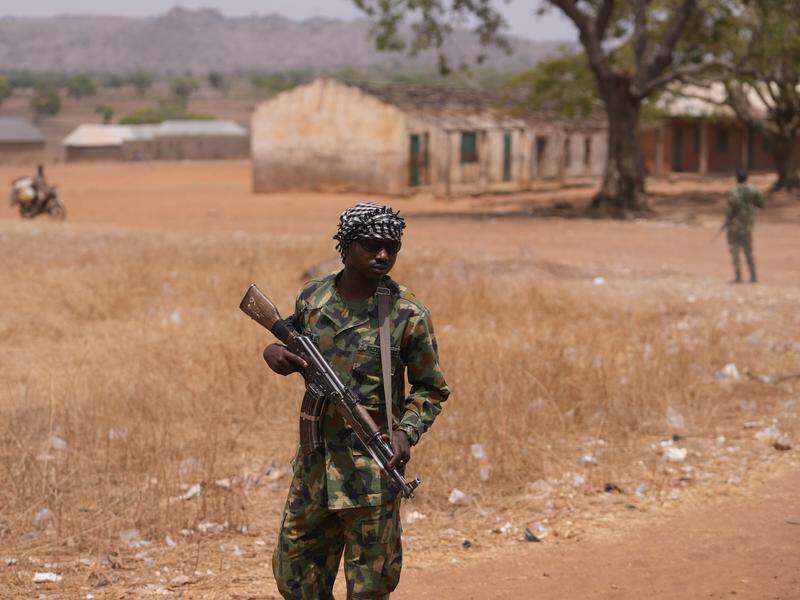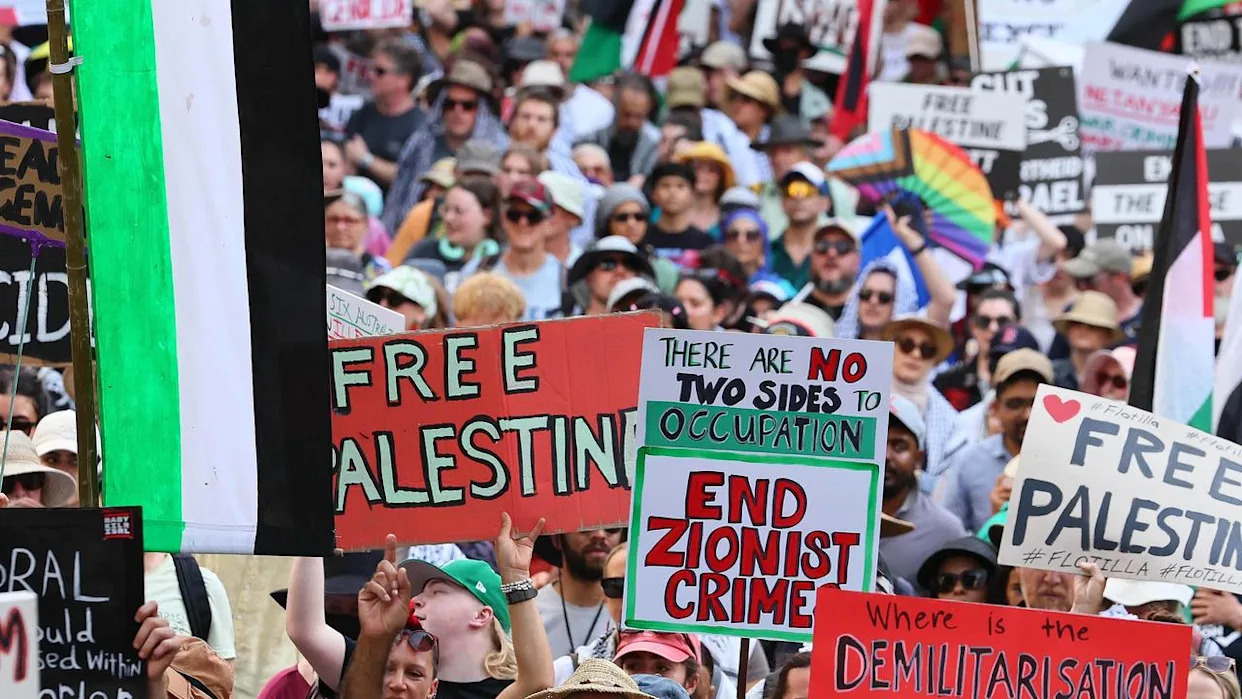
Armed men on motorbikes launched a deadly attack in northwest Nigeria, killing at least 11 people and kidnapping over 70 others, including women and children. The assault occurred late on Saturday in the village of Sabongarin Damri, located in Zamfara State, according to eyewitness accounts.
Residents reported that the attackers arrived on motorcycles, firing indiscriminately as they entered the village. Isa Sani, a local resident, described the chaos, stating, “They came on motorcycles, shooting randomly before abducting our daughters and children. As of today, we haven’t heard anything from them. Everywhere is quiet.”
Sufiyanu Ibrahim, another villager, recounted his harrowing experience, revealing that his wife was among those abducted and that he sustained a gunshot wound to the leg during the attack. “There were gunshots everywhere… I narrowly escaped,” he said. The violence in Zamfara has been escalating, with armed groups known locally as “bandits” responsible for numerous killings and kidnappings in recent years.
Rising Violence and Kidnappings
The state of Zamfara, which borders Niger, has become a focal point for such violent incidents. These groups have disrupted farming and travel, forcing thousands of residents to flee their homes. Shehu Musa, the traditional chief of Sabongarin Damri, confirmed the grim toll, stating that more than 60 people were taken, including many women and children.
The local police have not yet responded to inquiries regarding the incident. Kidnappings for ransom have become disturbingly common in northern Nigeria, with families often pooling resources to secure the release of their loved ones. This practice not only tears families apart but also devastates communities, forcing many to sell their land, livestock, and grain to pay ransoms.
The persistent violence has raised concerns about security and stability in the region, as communities grapple with the reality of living under the threat of armed attacks. The Nigerian government has faced criticism for its inability to effectively combat these criminal gangs, which have operated with relative impunity.
As the situation continues to develop, the impact on families and communities remains profound, with many left in despair after losing loved ones to violence or having them taken as hostages. The international community is watching closely, as this surge in violence reflects broader issues of governance and security in Nigeria.






